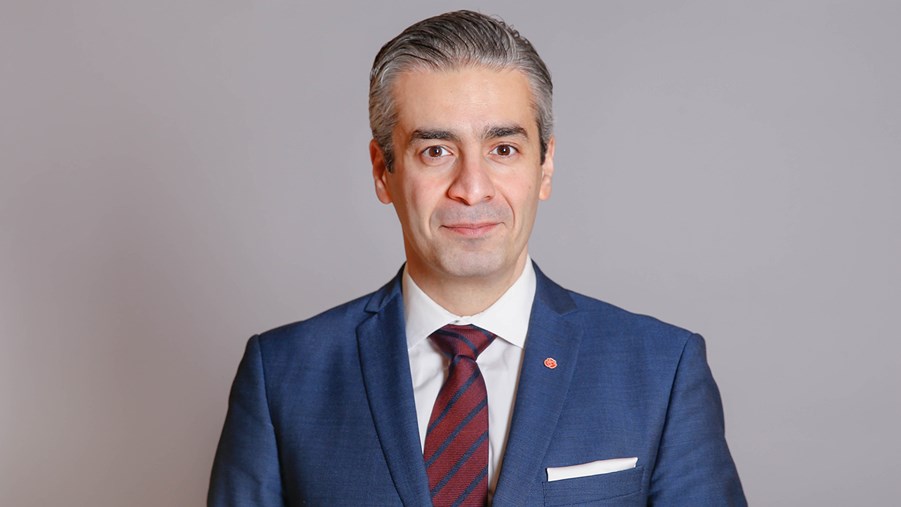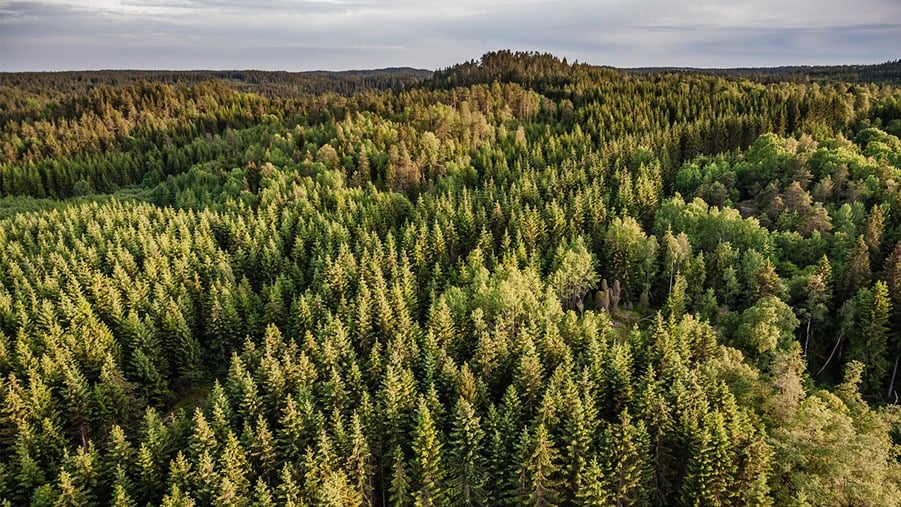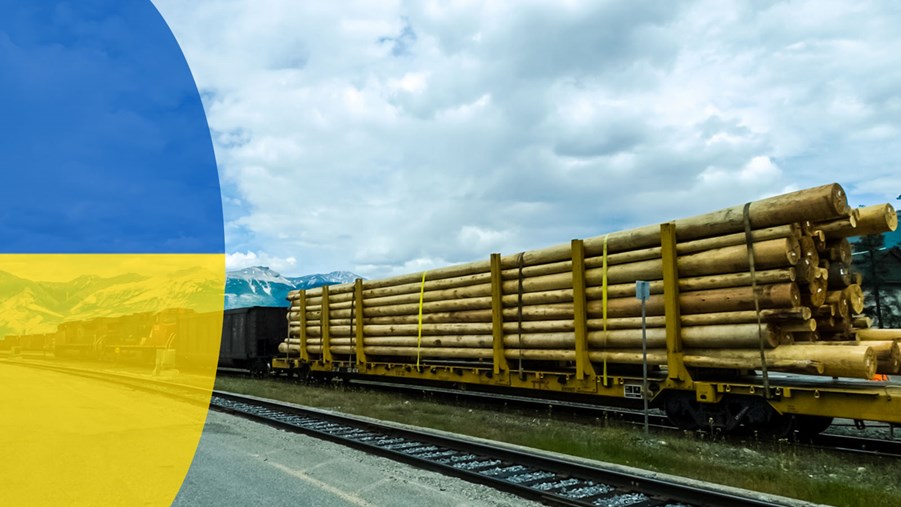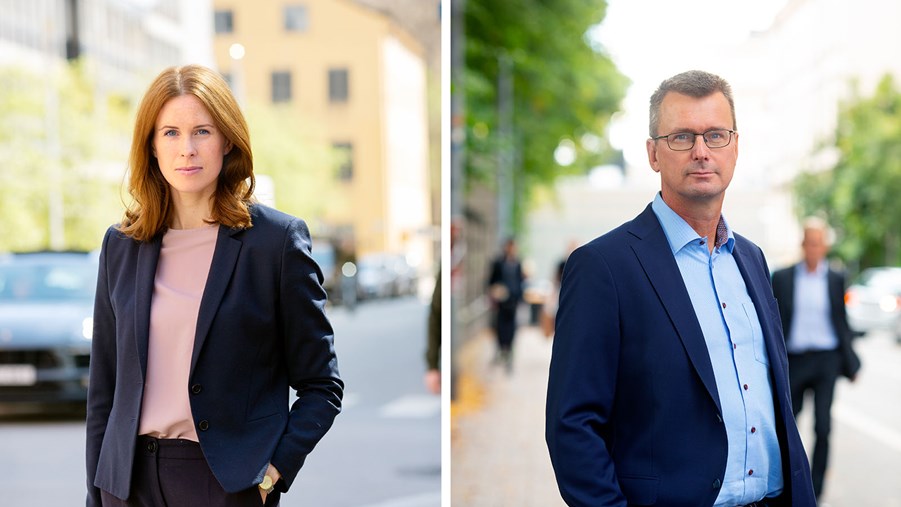
"The war in Ukraine shows that the EU should not hinder the use of fossil-free fuels through excessive regulatory demands", says Minister for Energy, Khashayar Farmanbar, in a conversation with the Swedish Forest Industries about EU policy, forest-based industry, bioenergy, energy supply and the climate transition.
Forest-based bioenergy is a major part of the energy mix in Sweden. Around 30 percent of total energy consumption in the country is bioenergy, most of which is based on residues from forest harvesting. It is used for heating homes, fueling cars and industrial processes.
Several proposals from the EU Commission are partly aimed at regulating the use of energy from forest biomass. In particular, the revision of the Renewable Energy Directive (RED III) and the LULUCF Regulation risk limiting the use of forest biomass.
What is the Swedish government’s view on EU rules restricting the use of forest-based bioenergy?
"The basic position of this government is that decisions regarding the Swedish forests is a national competency. It is clear, not least from the way the war in Ukraine is affecting energy supply, that the EU must use more bioenergy and biogas. It is important that the EU promotes bioenergy instead of sharpening requirements on matters of national concern."
In the upcoming Energy Taxation Directive (ETD), taxation of bioenergy is proposed. What is the government’s view on this?
"We believe that the ETD should be designed to steer towards renewable fuels in a cost-effective matter. This is an incredibly important issue for us, and the government has announced that Sweden will seek a ten-year exemption from the tax on biofuels. But the transition cannot be based on exceptions when our sustainable forest management can deliver fossil-free fuels."
Has the war in Ukraine changed the view of biofuels in Brussels?
"Some take a softer view, for different reasons. It is clear that the EU needs alternatives to importing oil and gas from Russia and the Middle East, and that biofuels are good alternatives."
What is the government’s approach for safeguarding Sweden’s interests in Brussels?
"I am personally very involved in building many bilateral contacts and alliances, for instance within the political groups in the Parliament and with Member States. In the Council negotiations, we have had some success on the requirements regarding forestry. We did not have similar successes with the Commission. Regarding the so-called cascading use, we see some improvements, but there is still work to be done."
The Commission’s view on forestry and the role of forests in the climate transition differs somewhat from the Swedish one. Does the Commission listen to Sweden?
"We need to increase the understanding of Swedish forestry. For example, we are fairly well understood by the Commissioners who have seen our industry up close and learned more about the specific conditions in North Europe. It is concerning that EU politicians in general to a greater extent don’t see that forestry differs between countries. A Dutch forest, where basically every tree has a name, differs from the forest in Norrbotten (Northern Sweden) where I grew up. I have to use all my pedagogical skills to explain Swedish forestry in Brussels."


